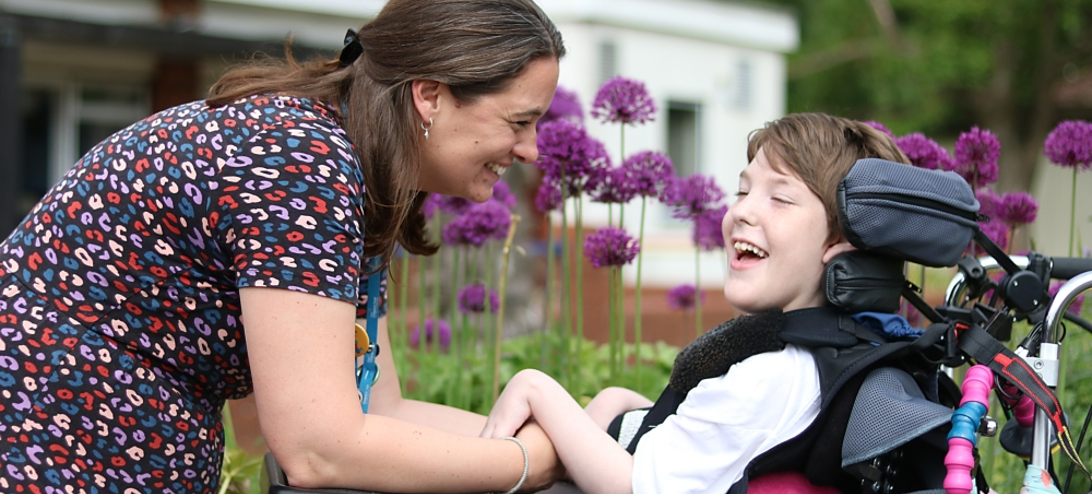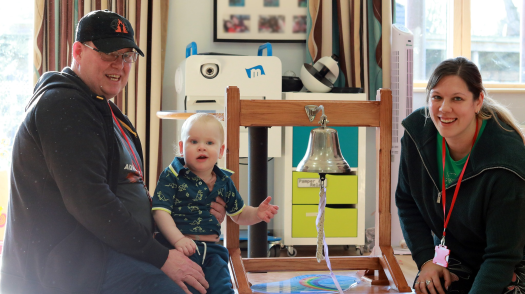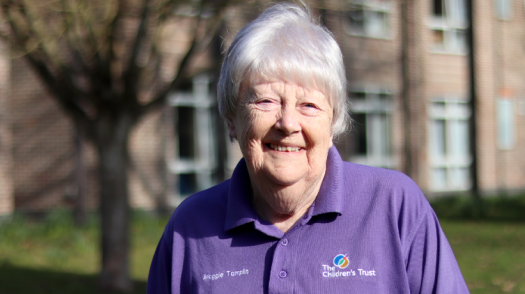Hearing that your child has had a life-changing brain injury is news no family ever wants to face. In the midst of heartbreak and uncertainty, you hold on to hope that something can be done, that someone can help, that a brighter future is still possible.
A gift in your Will to The Children’s Trust can help make that future a reality.
Your generosity can fund vital brain injury care, ground breaking treatments, and specialist rehabilitation — transforming lives for years to come. The greatest gift you can give a child with a brain injury is the chance to live the best life possible.
By remembering The Children’s Trust in your Will, you can give the gift of possible.
Please consider leaving a life-changing gift today.




